20 Things You Should Never Keep in Your Pantry
Discover the top 20 items that should never be kept in your pantry to ensure your food stays fresh and your kitchen organized.
- Chris Graciano
- 5 min read
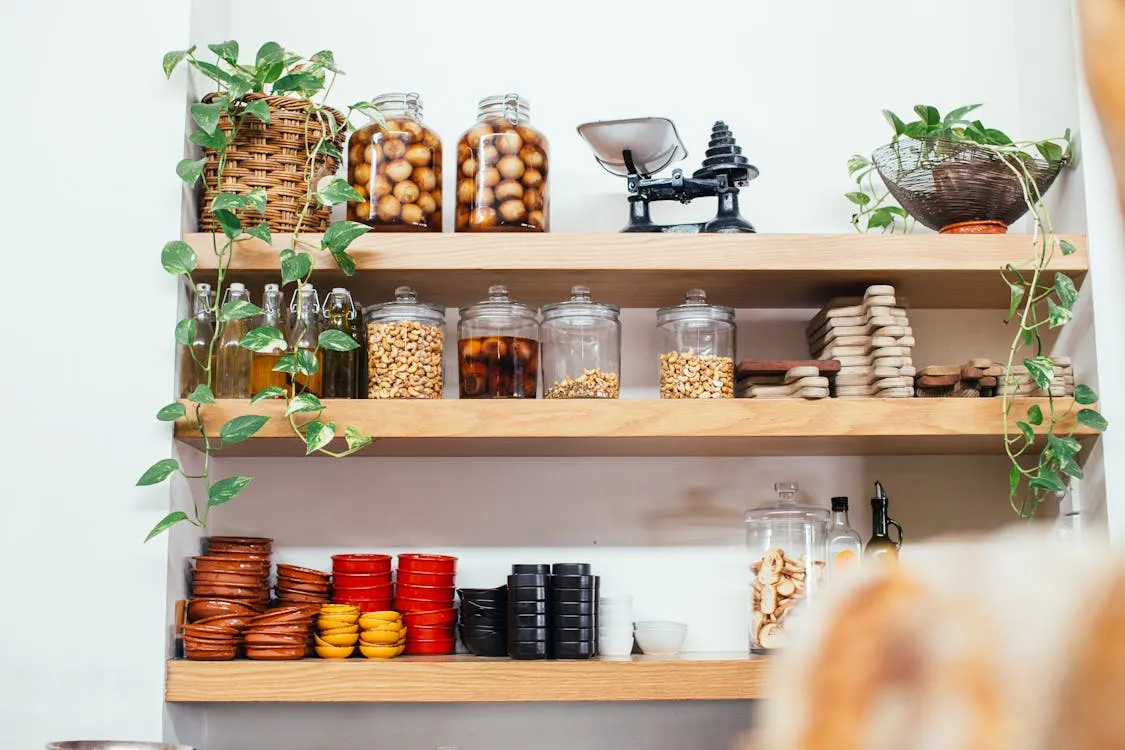
Pantries offer a convenient place to keep all your food organized, but as we now know, not everything should be kept there. Improper storage of food can lead to a whole lot of drawbacks, like spoilage or even illness. So to avoid that, this article aims to provide insight on 20 common foods you most likely have in your pantry right now that you should really be stored elsewhere.
1. Bread
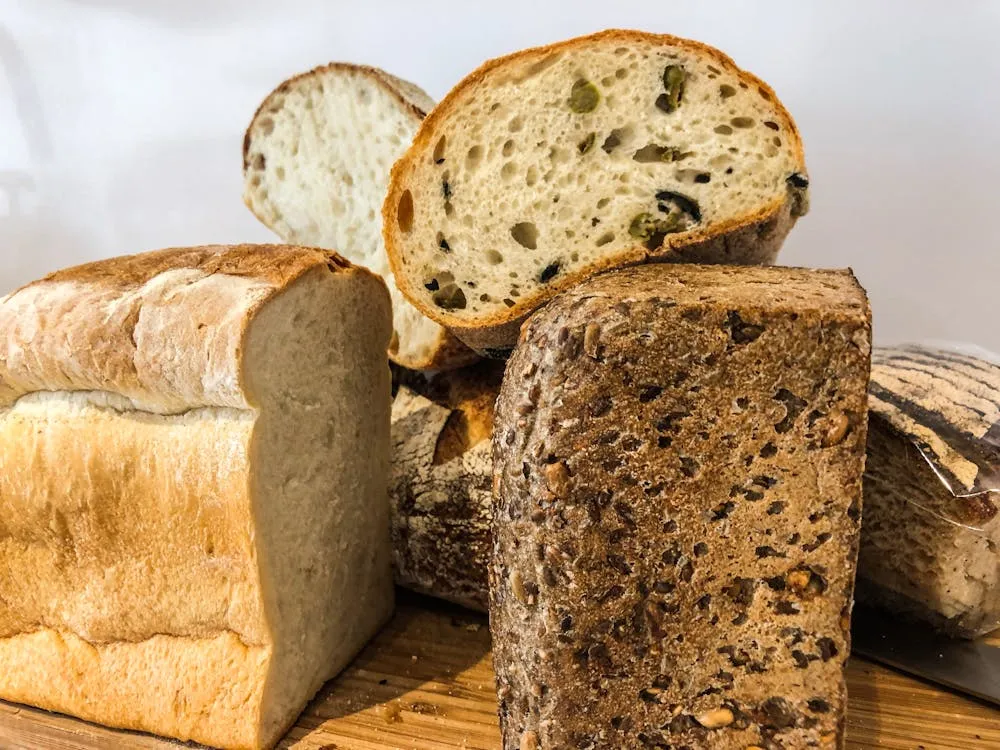 Marianna OLE on Pexels
Marianna OLE on Pexels
Bread tends to get bad really fast when you leave it inside the pantry. Storing it in the fridge is also a no-go since it will make it go stale and that doesn’t taste right at all. However, keeping it in the freezer is the best option to extend your bread’s freshness.
2. Nuts
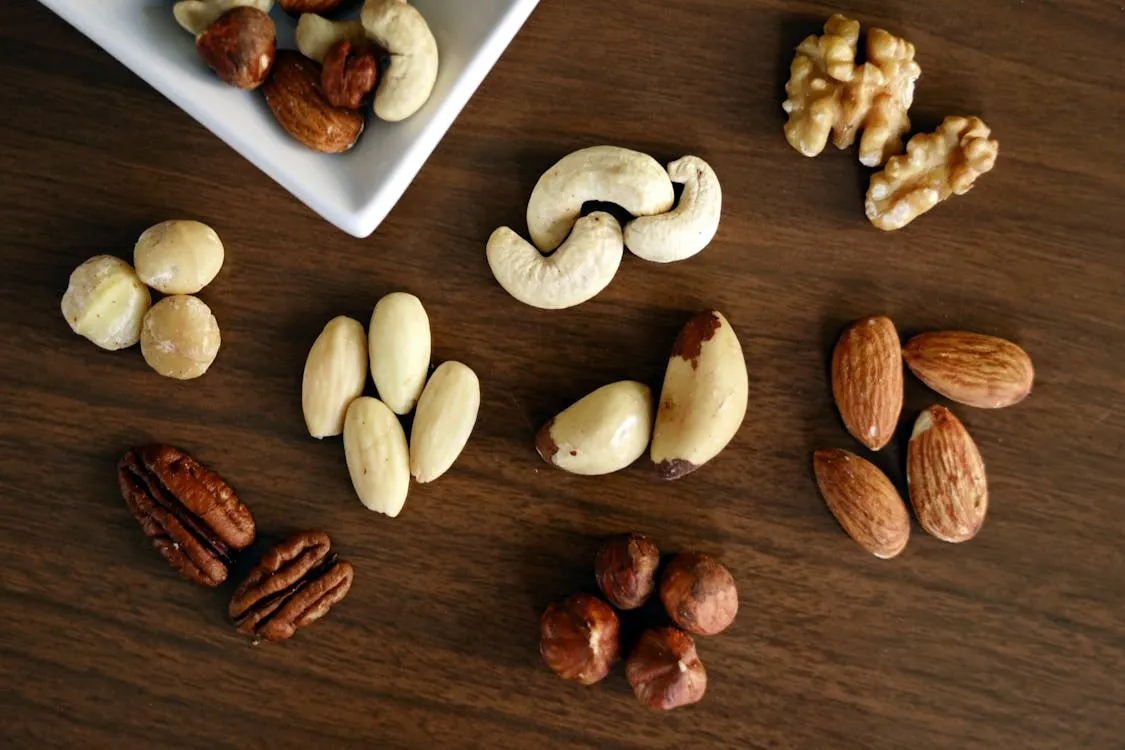 Marta Branco on Pexels
Marta Branco on Pexels
If you have nuts in your pantry, you should really transfer them in your fridge right now. They become rancid if kept in the pantry and especially when exposed to heat.
3. Chocolate
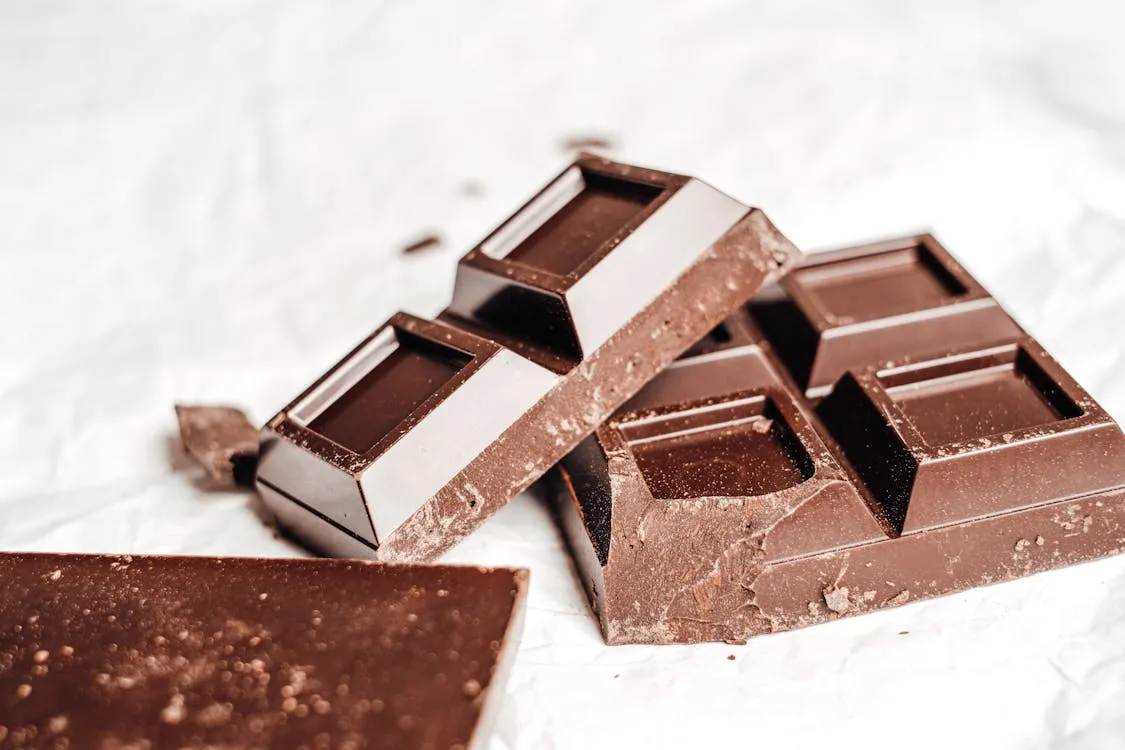 Vie Studio on Pexels
Vie Studio on Pexels
Storing chocolate in your pantry is a good way to soften it overtime and eventually cause it melt. If you’re not trying to do that, then you need to keep them in your fridge so that chocolate remains firm and delicious. Because it’s only good when it melts in your hand.
4. Oils
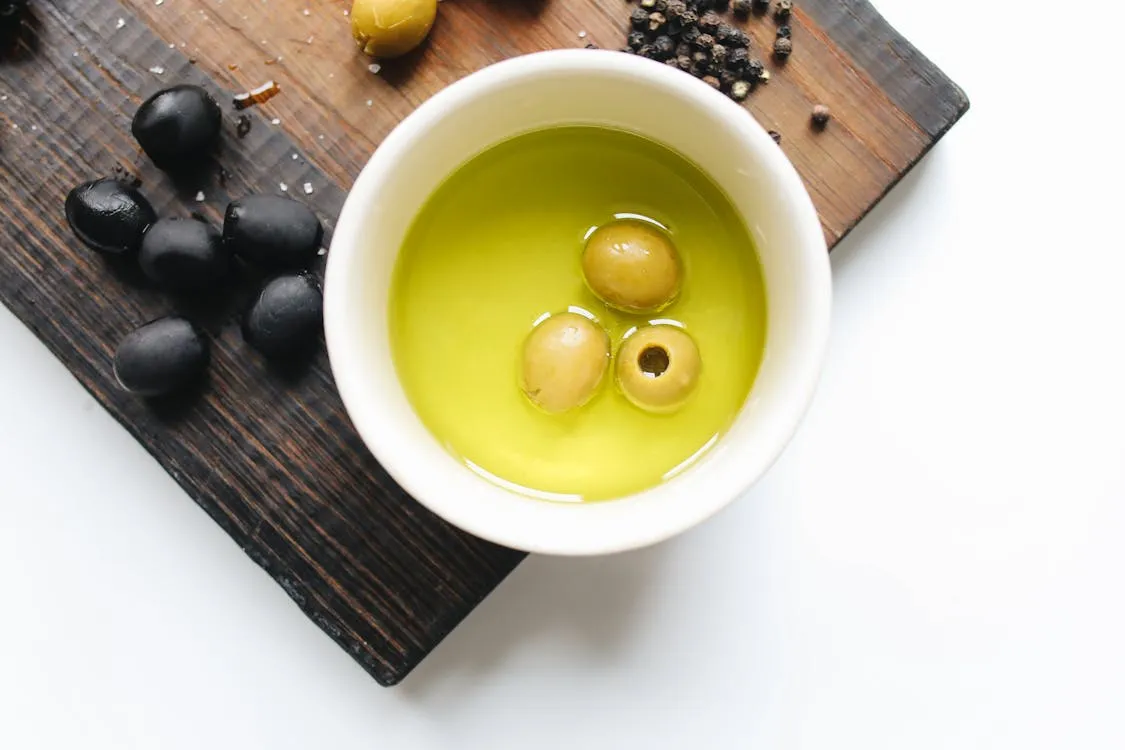 Polina Tankilevitch on Pexels
Polina Tankilevitch on Pexels
Now this doesn’t apply to all kinds of oil. We’re talking about olive and walnut oil. If you have any of the two in your pantry, they can get rancid fast, especially when the temperature’s warm. Store them in a dark and cool spot, like inside a cabinet or the fridge.
5. Certain Fruits and Vegetables
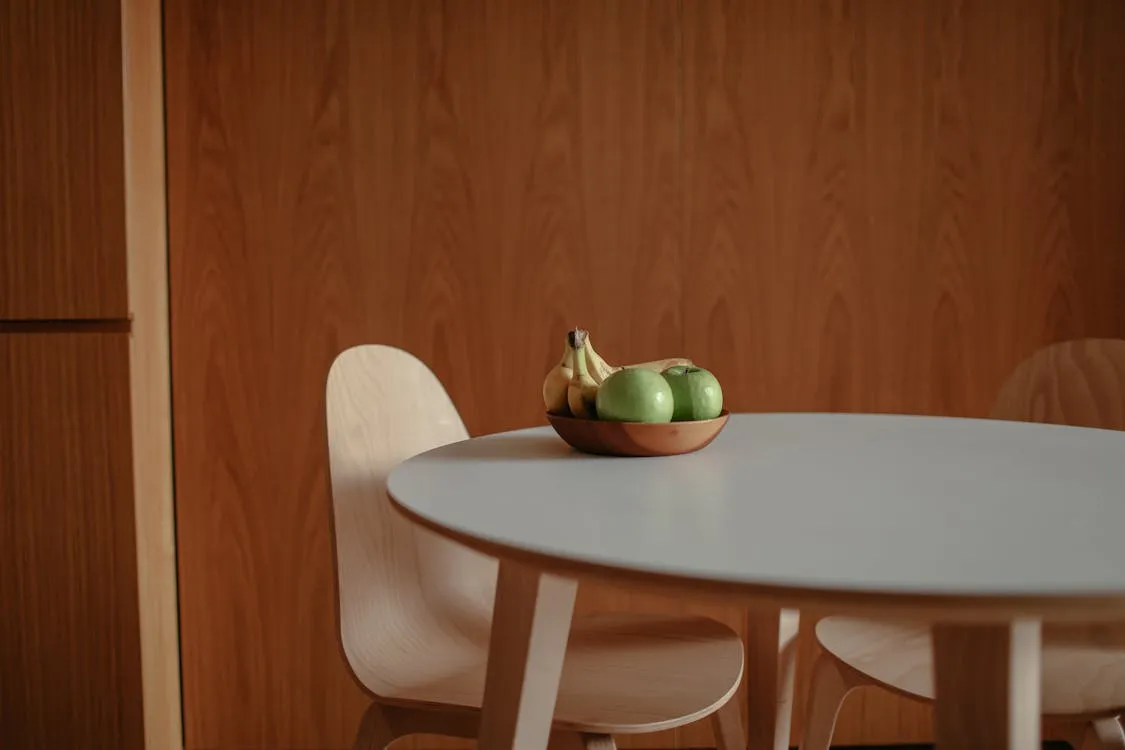 Cup of Couple on Pexels
Cup of Couple on Pexels
It’s essential to keep fruits such as apples and bananas and vegetables like potatoes and onions far away from other produce and from each other. They emit ethylene gas which can cause other foods to spoil faster. Place them in a well-ventilated spot outside of your pantry.
6. Tomato-based Products
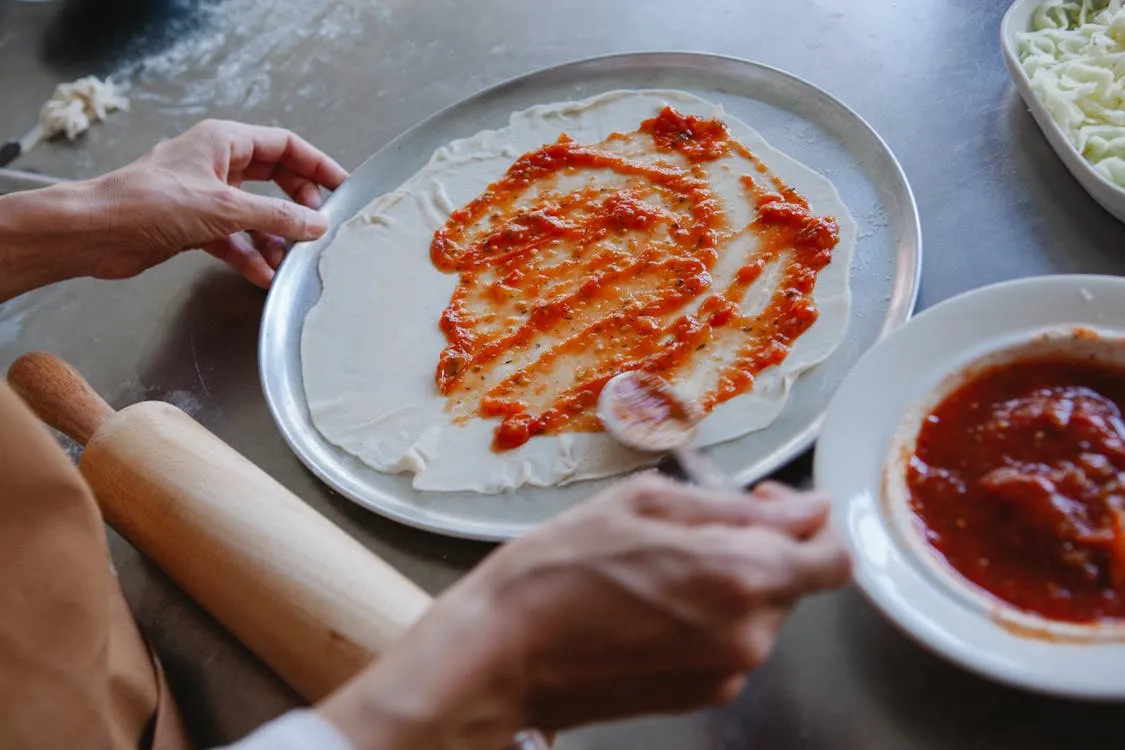 Antonius Ferret on Pexels
Antonius Ferret on Pexels
Once you open these products, such as tomato sauce and paste, they can leave an off taste in your mouth when stored in your pantry. So as soon as you close the lid or cap, go straight for the fridge.
7. Coffee Beans
 Lukas on Pexels
Lukas on Pexels
Do not expose your coffee beans to light and air as it will make them stale. Who wants to drink stale coffee? So, store them in an airtight jar and place them in a cool, dark spot.
8. Honey
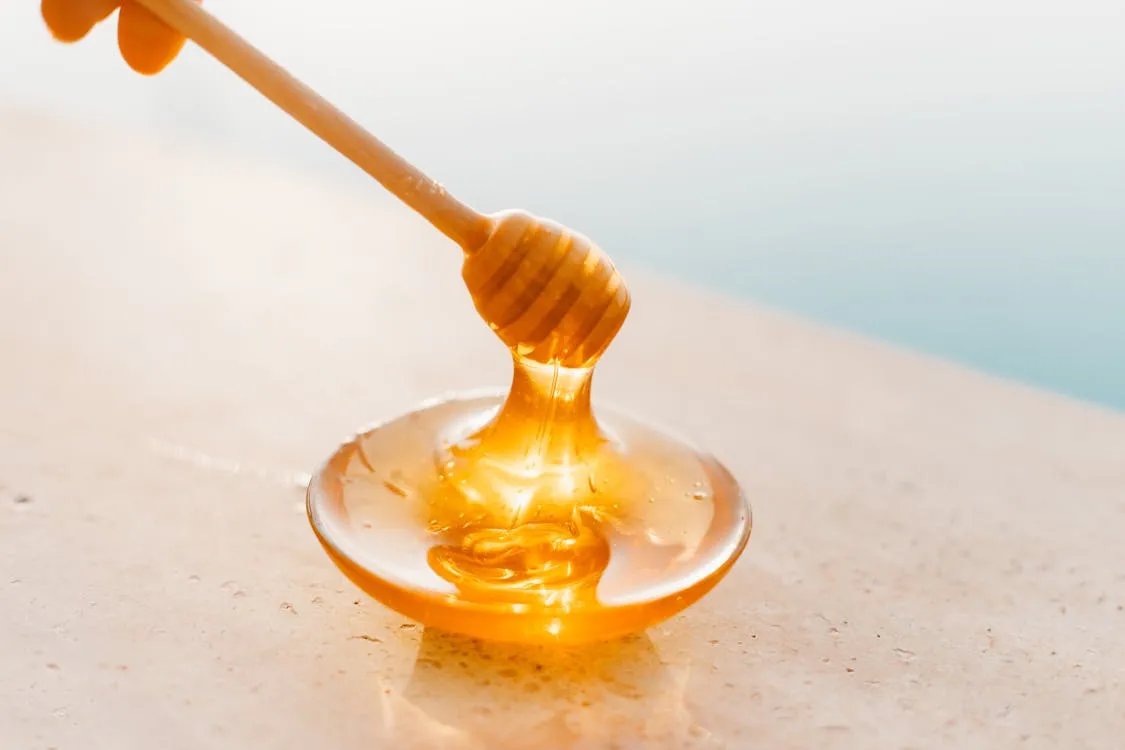 ROMAN ODINTSOV on Pexels
ROMAN ODINTSOV on Pexels
While it’s true that honey can be stored at room temperature, make sure to keep it away from any heat sources to prevent crystallization. Also, keep it in a container with at tight lid.
9. Mayonnaise and Ketchup
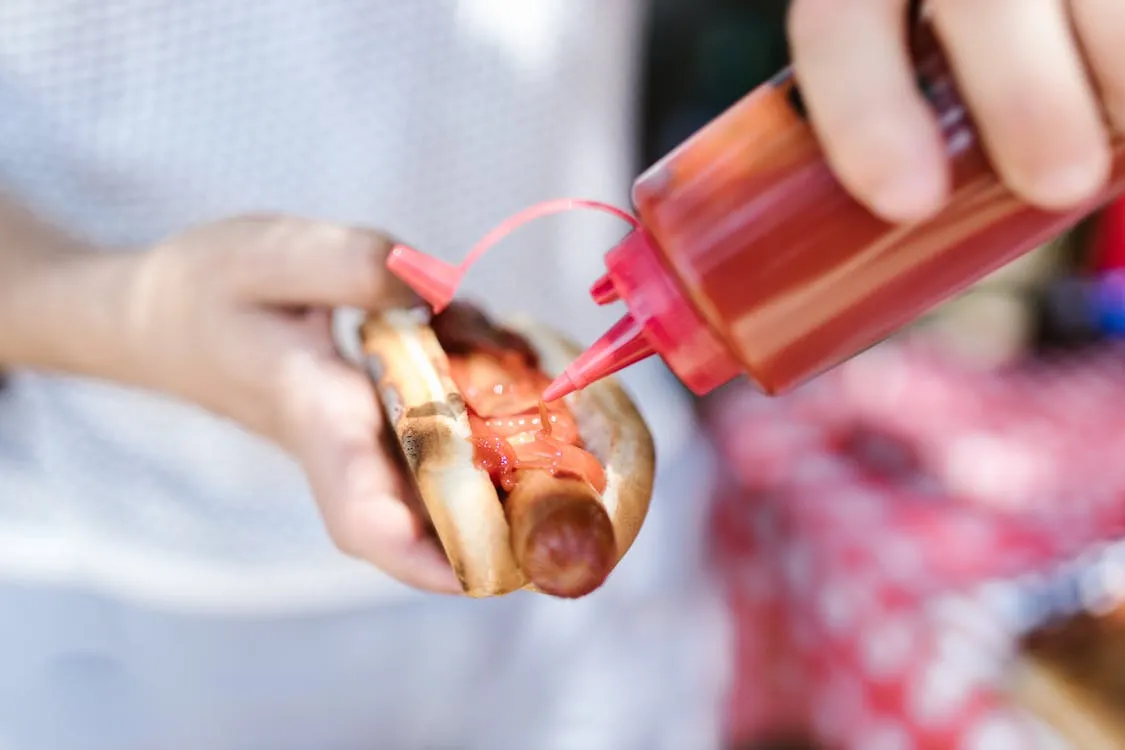 RDNE Stock project on Pexels
RDNE Stock project on Pexels
For condiments like ketchup and mayonnaise, they can spoil pretty quickly once you opened them and keep them in your pantry. It’s much better to leave them in the fridge after use to prolong their shelf life.
10. Wine
 Markus Spiske on Pexels
Markus Spiske on Pexels
Before you, wine drinkers, get angry, we’re talking about an opened wine bottle. Leaving it at room temperature can reduce its quality significantly. So refrigerating it is the best way to maintain its taste. But also remember to put back to cork before putting it in the fridge. Also, it’s best to have a wine cooler as the temperature inside remains constant.
11. Maple Syrup
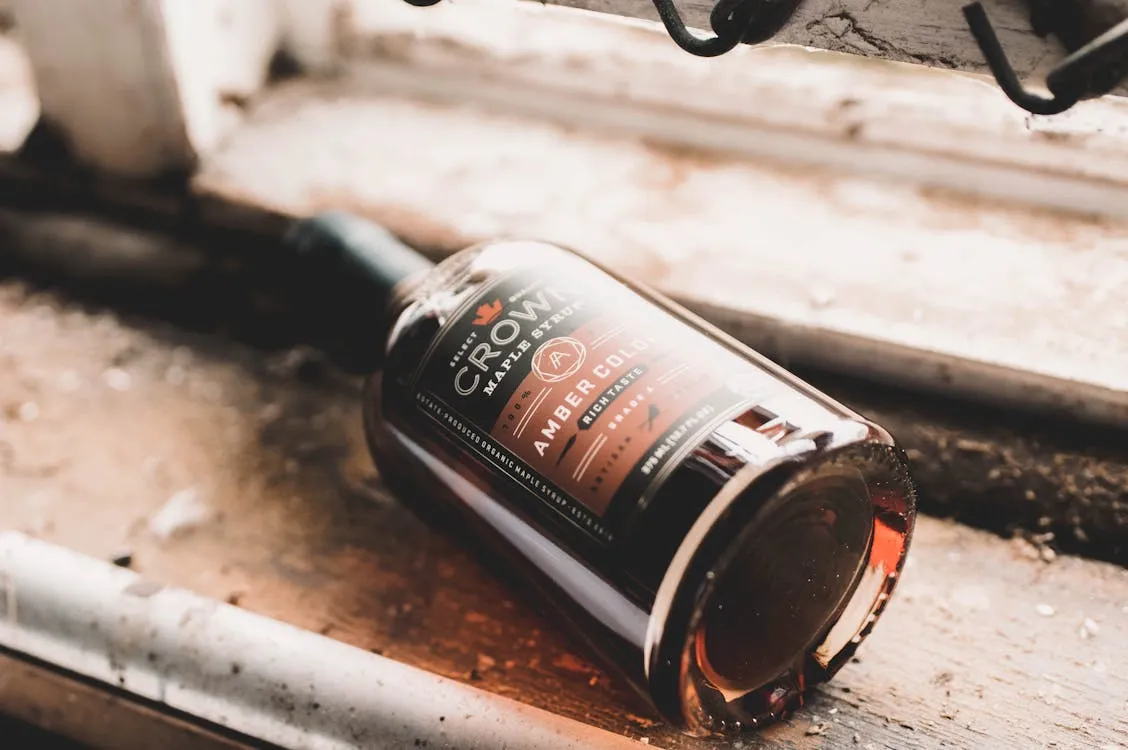 Chitokan C. on Pexels
Chitokan C. on Pexels
If you want to prevent spoiling your maple syrup, store them directly in the fridge after opening. Keeping it at room temperature can cause mold to develop.
12. Peanut Butter
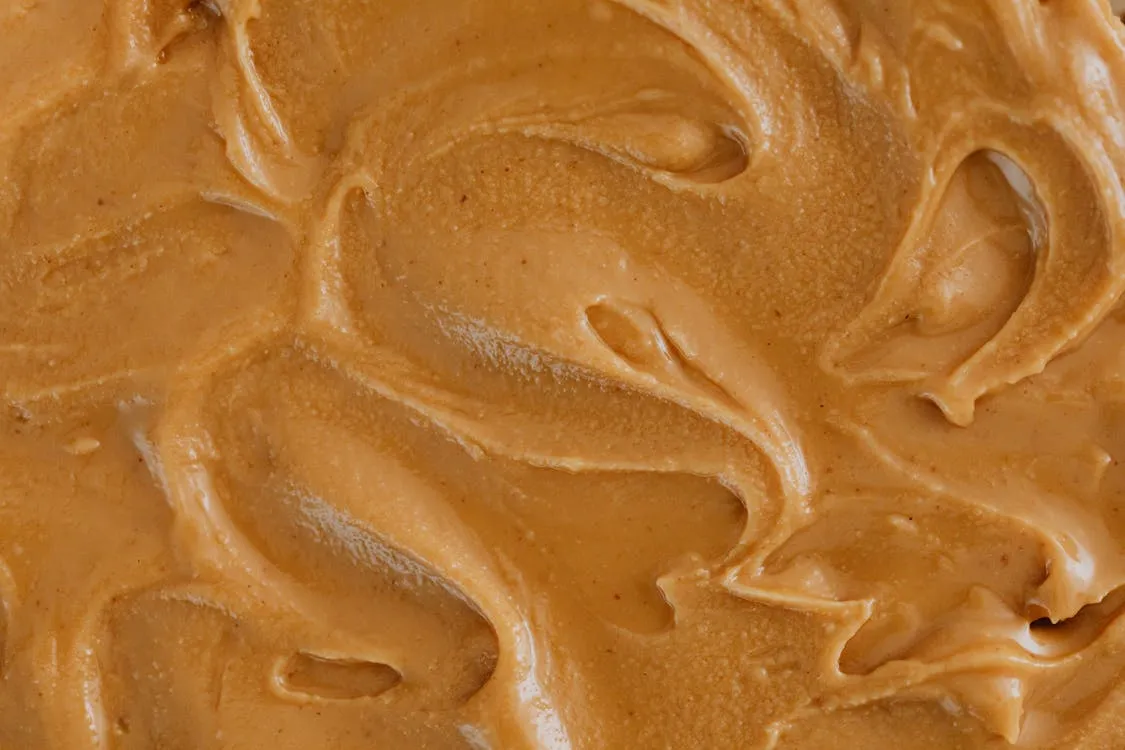 Kaboompics.com on Pexels
Kaboompics.com on Pexels
Your regular store-bought peanut butters are okay to leave in your pantry. But if you have homemade peanut butter without preservatives, store them in the fridge. This prevents the oils from separating.
13. Fresh Herbs
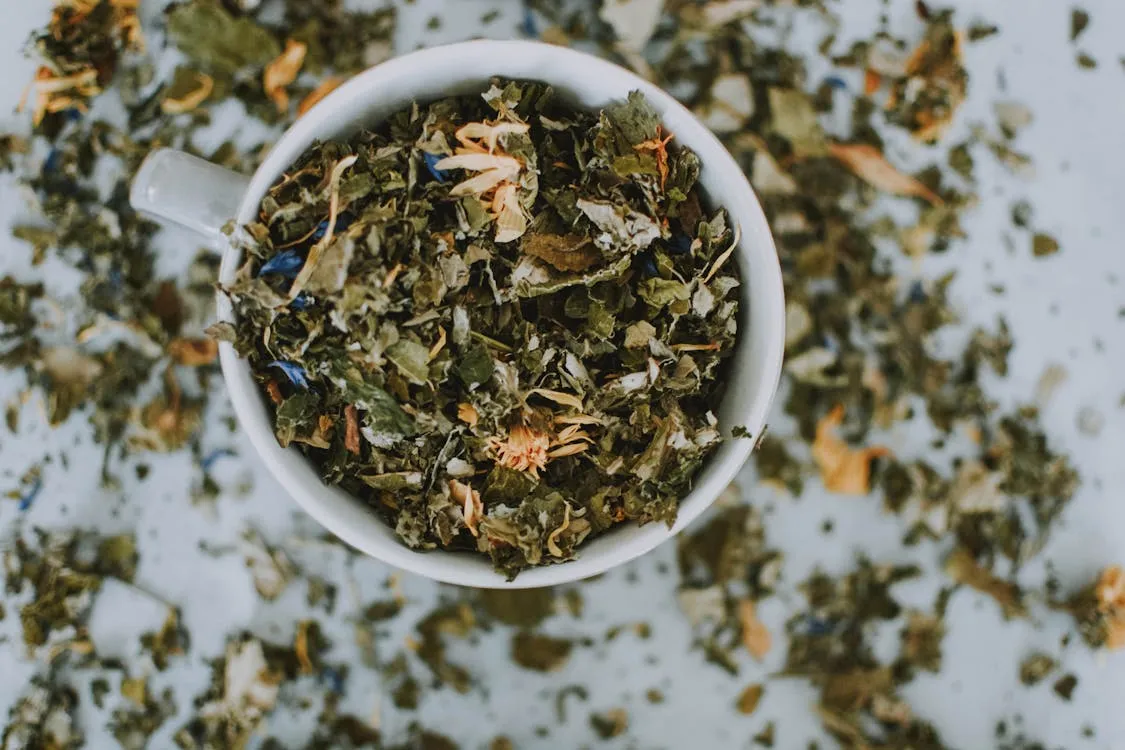 lil artsy on Pexels
lil artsy on Pexels
Fresh herbs can wilt and spoil when left in a dry pantry. To prevent this from happening, wrap them in a damp paper towel and place them in your refrigerator. You can also simply put them in your freezer.
14. Potatoes
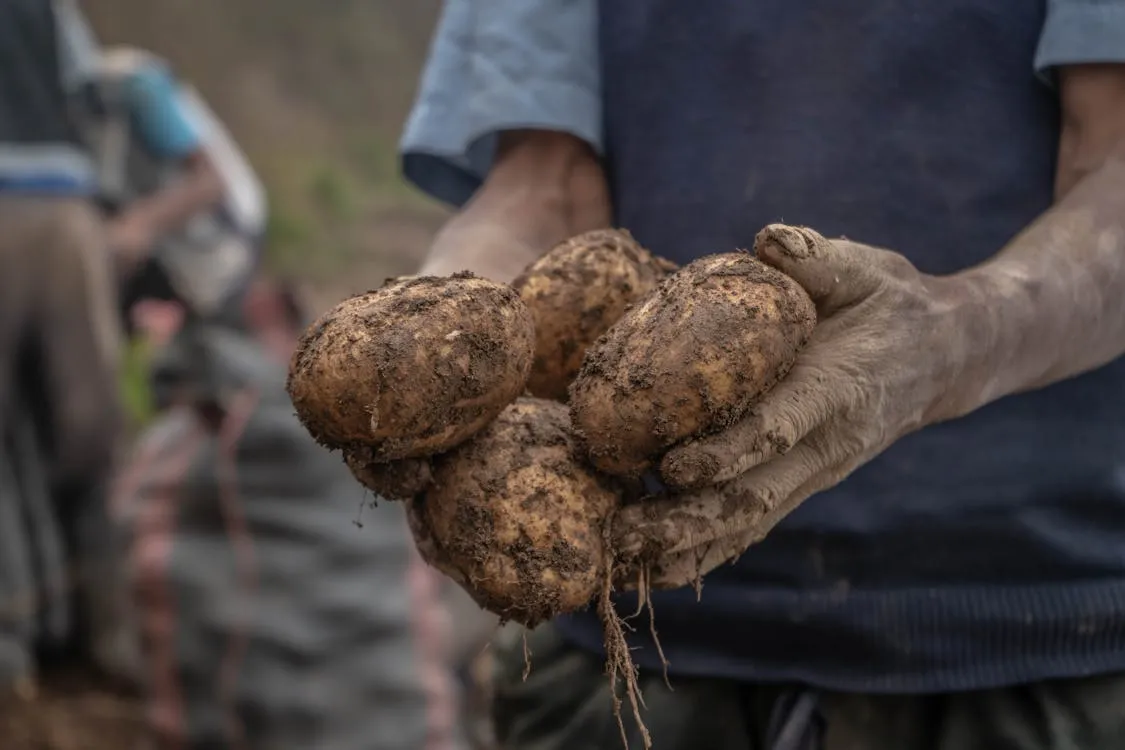 Shiwa Yachachin on Pexels
Shiwa Yachachin on Pexels
Potatoes, when left in warm temperatures, can sprout and spoil faster than you can use them. It’s best to keep them in a cool, dark, and dry place with good ventilation.
15. Onions
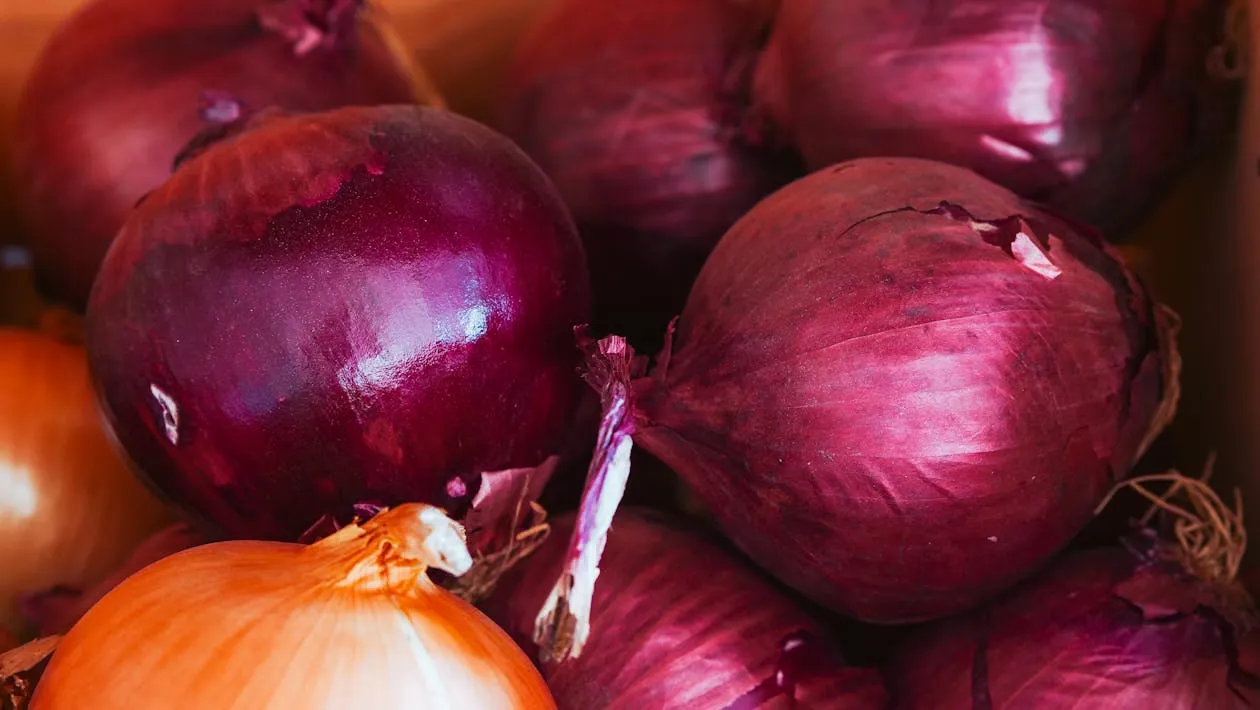 Kindel Media on Pexels
Kindel Media on Pexels
Onions have the capacity to release moisture which can cause mold to develop. It’s best to put them in a cool, well-ventilated area, and away from other produce.
16. Garlic
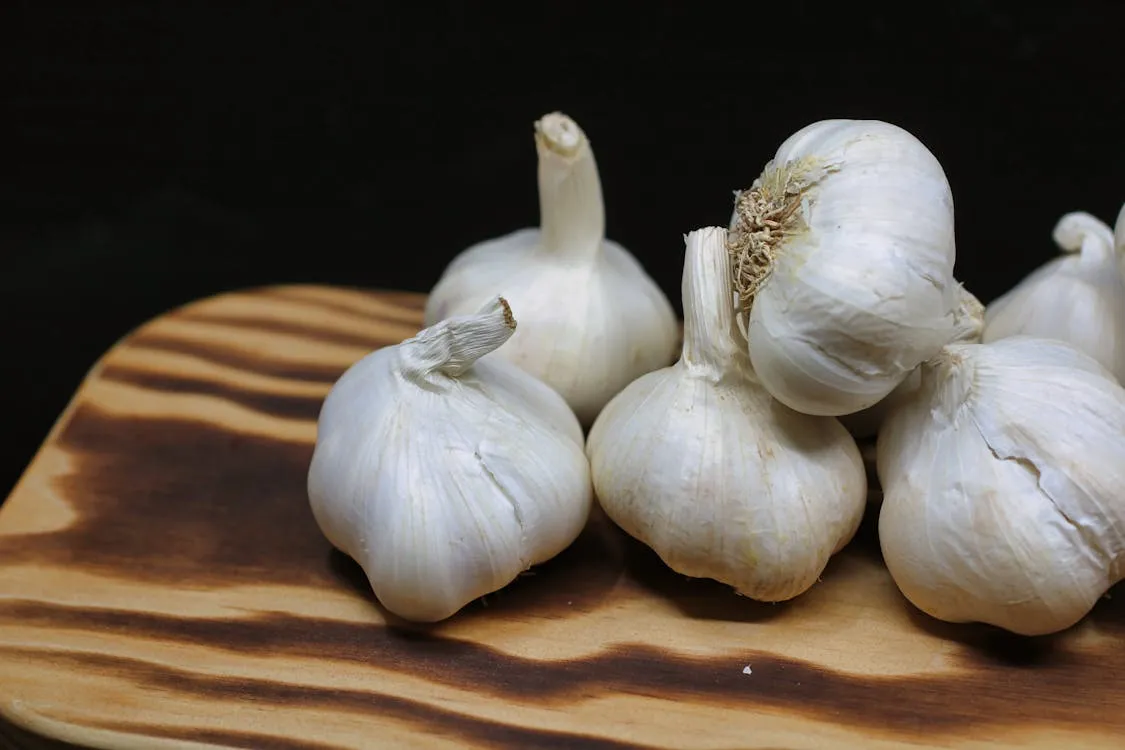 Nick Collins on Pexels
Nick Collins on Pexels
Like onions, garlic also needs good ventilation to avoid molding or sprouting. You can opt to store them in a breathable container, and keep them in a cool and dark spot.
17. Baking Soda and Baking Powder
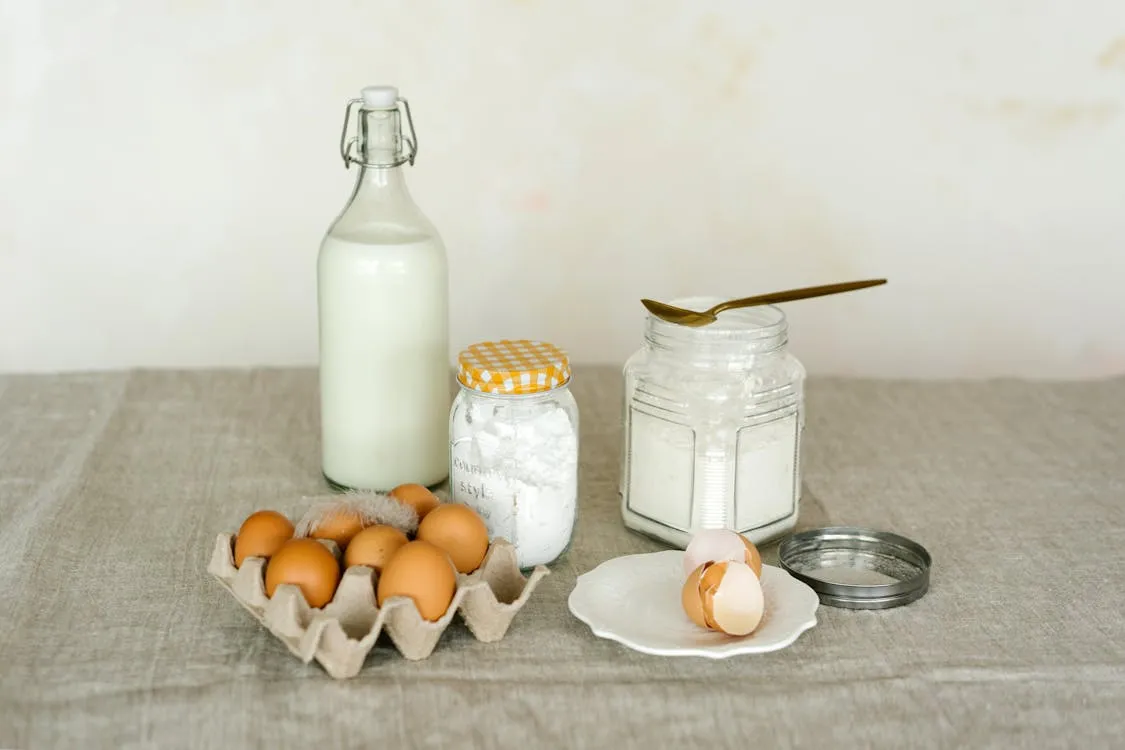 Mikhail Nilov on Pexels
Mikhail Nilov on Pexels
It’s best to avoid storing these leavening agents in a humid area because doing so can make them lose their potency. Put them in a sealed container and leave them inside a cabinet.
18. Whole Grains and Flours
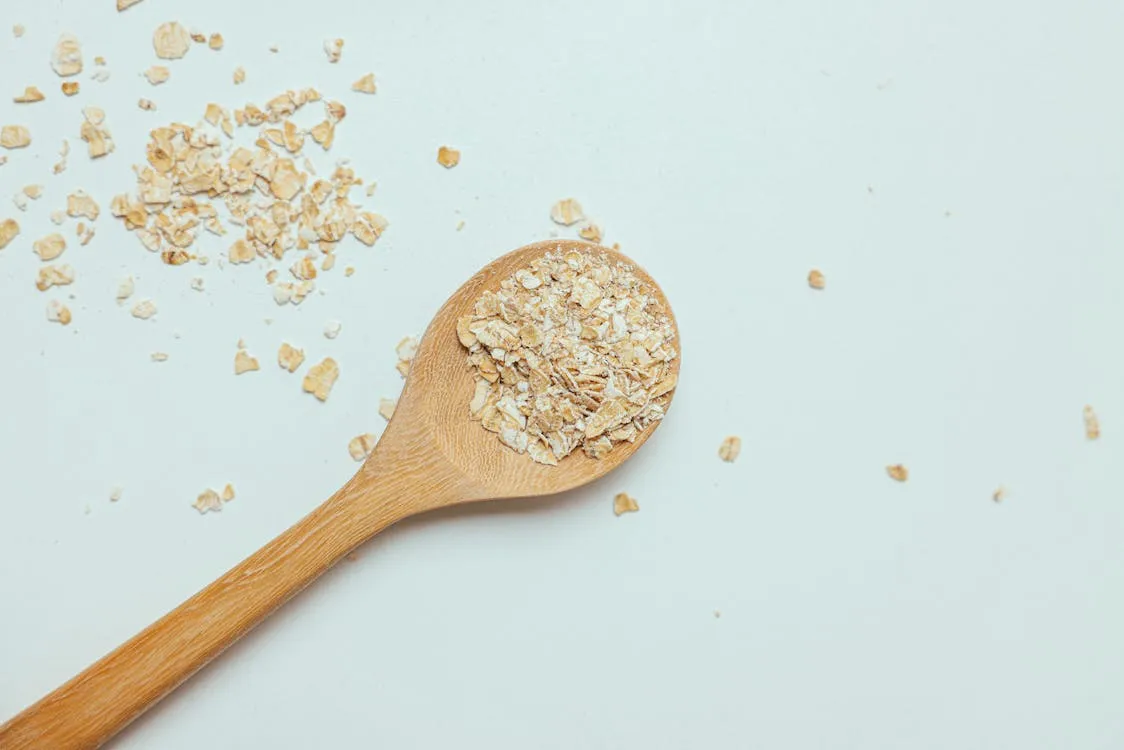 Cup of Couple on Pexels
Cup of Couple on Pexels
Whole grains and flours can spoil when left in warm conditions. Not to mention they can also attract pests. That won’t be a pleasant sight when you open your pantry. So store them in your fridge or your freezer right away.
19. Vinegar-Based Hot Sauces
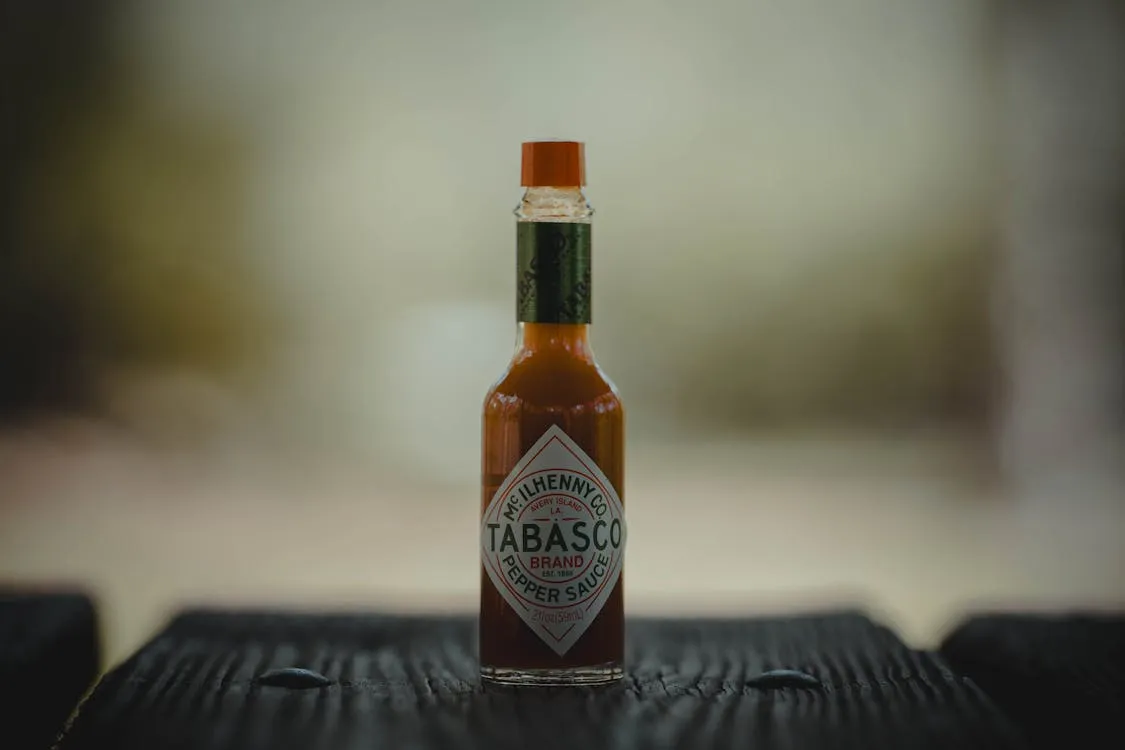 Jacob Evans on Pexels
Jacob Evans on Pexels
If you leave vinegar-based hot sauces in your pantry, they could lose their flavor. So after using them, remember to put them in the fridge so they remain hot and spicy.
20. Probiotics and Supplements
 Antoni Shkraba
Antoni Shkraba
We’re not talking about all probiotics and supplements. But some do spoil overtime when left at room temperature. Always check the label and store them in the fridge if needed.